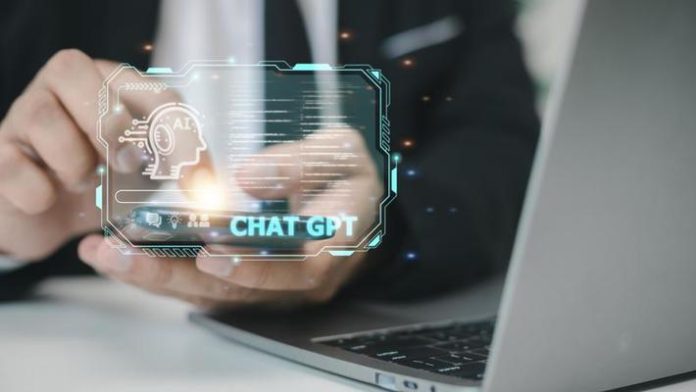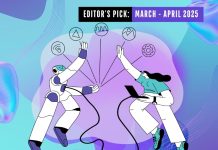As the metaverse was the focus of tech discussions in 2022, OpenAI’s ChatGPT has now become the hot topic in 2023. Initially, ChatGPT seemed to pose a threat to professionals in academia, journalism, and law. The technology behind these tools, large language models (LLMs), is garnering significant attention from tech giants like Microsoft and Google, who are heavily investing in LLM-powered collaboration tools and OpenAI.
As Apple and Google race for digital wallet dominance, AI-driven deep learning advancements can empower traditional banks and neobanks to stay competitive. Leon Gauhman, co-founder and CPO/CSO at digital product consultancy Elsewhen, advises, “Incumbent banks and neobanks should keep a close eye on the development of ChatGPT and similar AI tools”.
Here are four key areas where LLMs can make a difference:
- Personalised AI banking: LLMs can leverage banks’ proprietary datasets to create unique intellectual property instead of imitating competitors. A well-trained version of ChatGPT could provide real-time, personalised recommendations for customers, revolutionising online banking experiences.
- Boosting productivity: LLMs can enhance employee resources, as Microsoft’s Copilot tool aims to help Office users with presentations and meeting preparation. Similarly, Google’s AI tool is described as a “collaborative partner” for suggesting, summarising, and providing insights. LLMs can potentially transform labour-intensive processes like KYC, compliance, and AML, significantly impacting productivity and budgets.
- Accelerating digital transformation: LLMs can potentially energise the entire financial services stack, supporting digital banking initiatives. With open-source models becoming more accessible, banks can train LLMs using their data to add a generative AI layer across various digital processes.
- Proprietary modelling: LLMs enable banks to extract valuable insights from proprietary data and develop new strategies or conversational interfaces. For instance, LLMs could analyse mortgage default data to create a constantly learning underwriting framework for improved lending decisions.
While caution is essential, especially in training stages, inaction poses a greater risk. Theodora (Theo) Lau, founder of Unconventional Ventures, notes, “It is no wonder that some financial institutions are reluctant to experiment with the technology for now. For instance CitiGroup, Bank of America, Deutsche Bank, Goldman Sachs, and Wells Fargo have outright banned it.”
Banks must explore LLMs to future-proof their businesses against big tech competitors, using these technologies as transformative agents to prioritise customer-centricity. Bernard Marr, an internationally best-selling author, highlights the potential of ChatGPT in banking: “ChatGPT can assist banks with detecting and preventing fraud by analysing vast amounts of transaction data and identifying suspicious patterns.”
In this era of rapid innovation, banks often face criticism for their cautiousness and slow adaptation. However, when it comes to LLMs, a prudent approach is warranted. As demonstrated by Bing ChatGPT powered search and Google’s AI chatbot Bard, AI models can produce “hallucinations” that result in biases or inaccuracies.





































